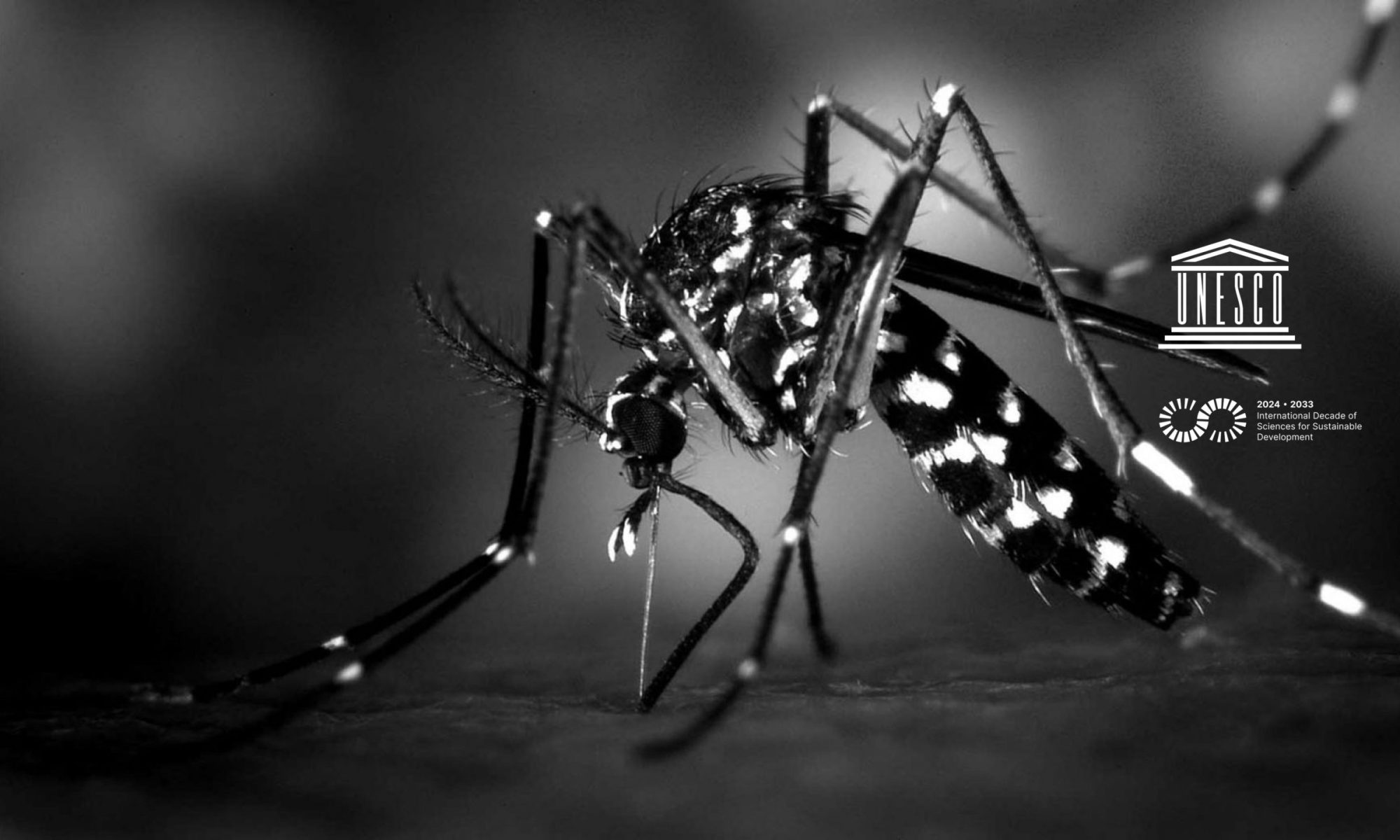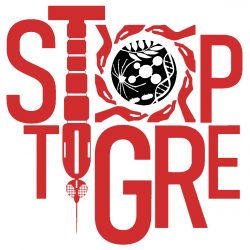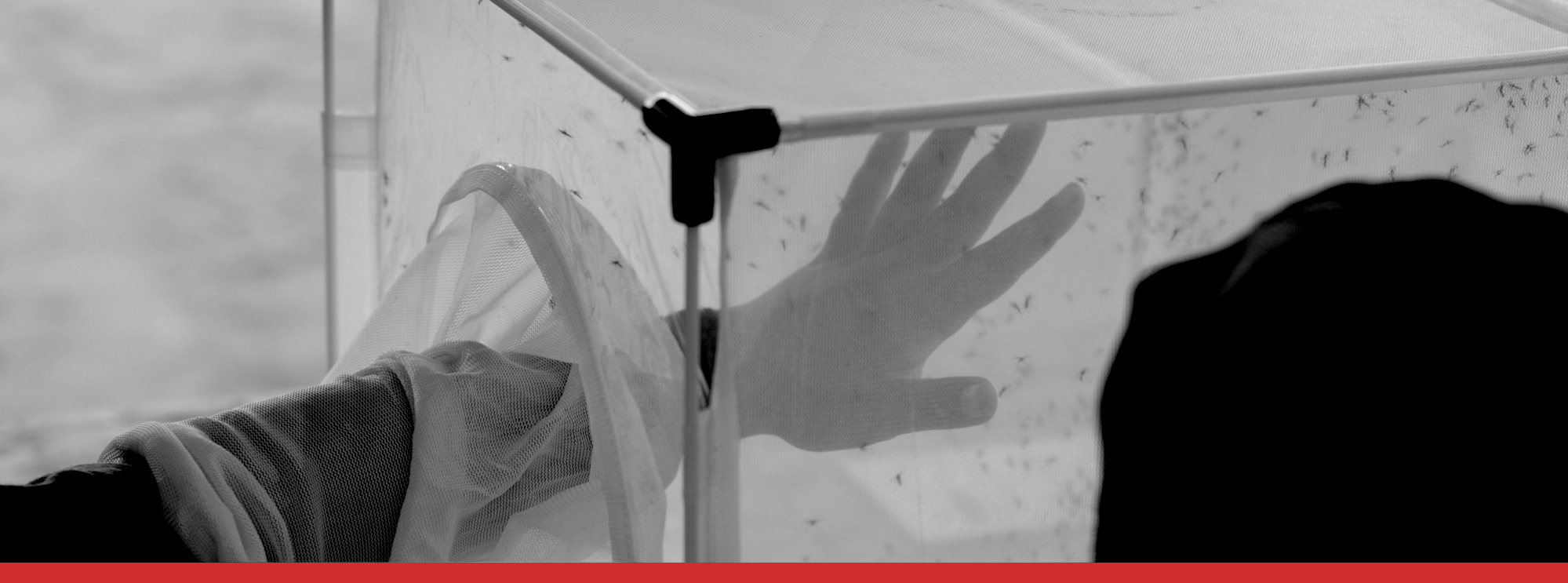OBJECTIVES FOR 2022
The year 2022 will see the STOPTIGRE Project included in the wide cultural program of Procida Italian Capital of Culture and will be an exceptional opportunity to disseminate its approach and its results in a wider national and international context.
TIGER MOSQUITO DENSITY REDUCTION WITH DOOR-TO-DOOR ACTIONS
Door-to-door actions will be implemented to involve the Procida community and to educate citizens on good practices to combat the spread of the tiger mosquito, first of all the elimination of stagnant water from the gardens. There will then be an action to catch female mosquitoes with gravitraps distributed to about a thousand families. Citizens will be involved in a Citizen-science action and will send data on captures made through photographs and the use of a smart app, zzzapp, under development in collaboration with computer science students of our university. The socio-environmental impact of the project will be assessed through the use of the DengueChat platform in collaboration with Berkeley University.
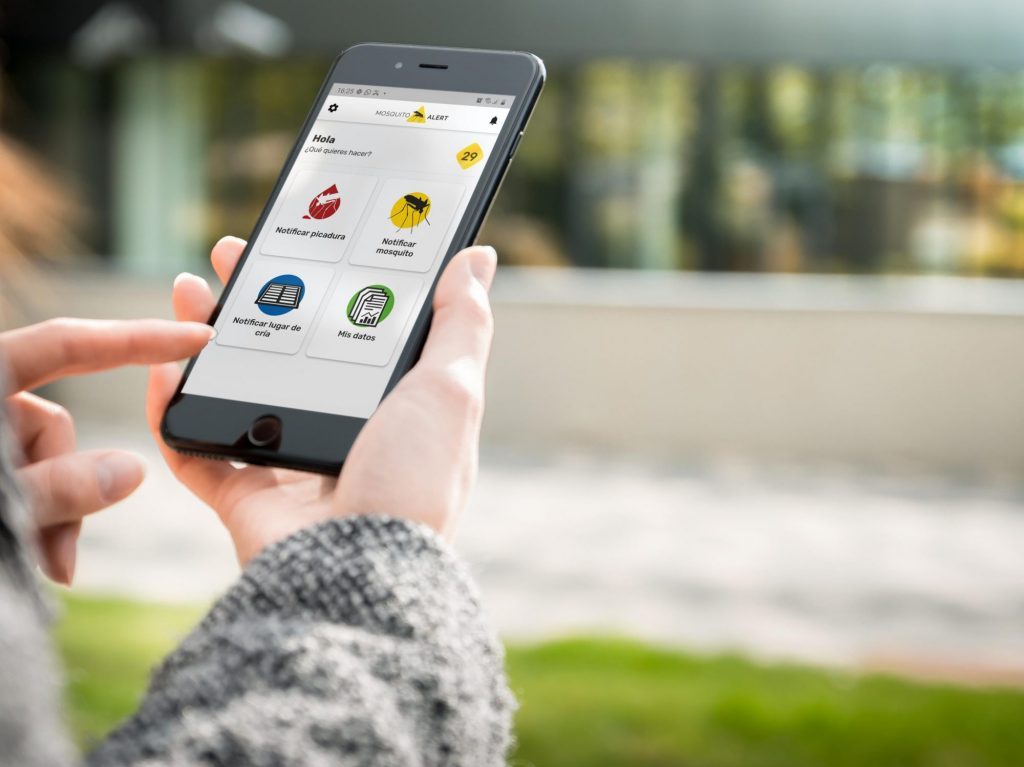
STERILE MALE RELEASE TEST WITH DRONES
In collaboration with the CAA, the prestigious research institute French CIRAD and the Israeli company SENECIO ROBOTICS, an airborne release test of about 50,000 sterile males per week will be carried out in the Chiaiolella area, already the subject of density studies in 2018. The induction of sterility in the local tiger mosquito population will be evaluated by entomological monitoring by our research group and colleagues from the University of Rome La Sapienza.
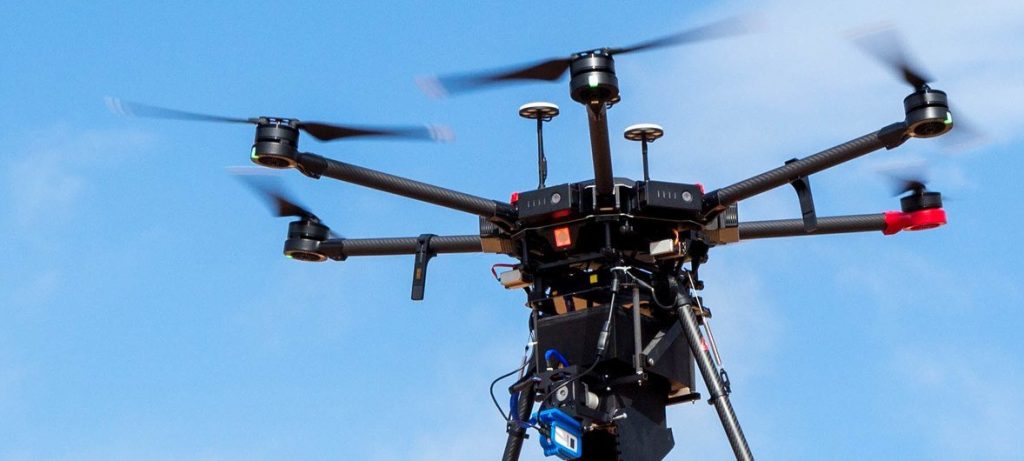
JOINT ACTION ARTISTS-SCIENTISTS OF COMMUNITY-ENGAGEMENT
Combining for the first time the actions in the field of scientists, artists and citizens will develop new ways of eco-sustainable fight against the tiger mosquito, using the relationship and the gift to create a virtuous interaction with citizens inviting them to participate in person, at their homes, in a program of elimination of tiger mosquitoes through the use of gravitaps. This experimentation began in 2019 with the involvement of teachers and students of the New Technologies for Art course of the Academy of Fine Arts of Naples who developed the communication campaign entitled “ZZZ – Zero Mosquito Zone – Better Together”.
Citizens participating in the 2022 Citizen-science initiatives will be involved in new actions that will also include a 3D “live scan” of their people. The “miniatures” of the “citizen scientists” thus obtained will be used to create an artistic installation in which the community can recognize itself. The “miniatures” of the “citizen scientists” thus obtained will be used to create an artistic installation in which the community can recognize itself. The data produced each week by citizens will be used by researchers to study the dynamic trend of the tiger mosquito pest population. This data will be made available to the community through an artistic / high-tech installation, developed ad-hoc, which will allow in a simple and visual impact to understand the progress of the eco-sustainable actions underway on the island. These innovative actions, developed with teachers and students of the course of New Technologies for Art of the Academy of Fine Arts of Naples, represent an international unicum and also aim to increase the local cohesion of the Procida community using as a driving force the common goal of eliminating the tiger mosquito and the ambition to make the island one of the first places in the world freed from this invasive insect with participatory methods, innovative and low environmental impact.
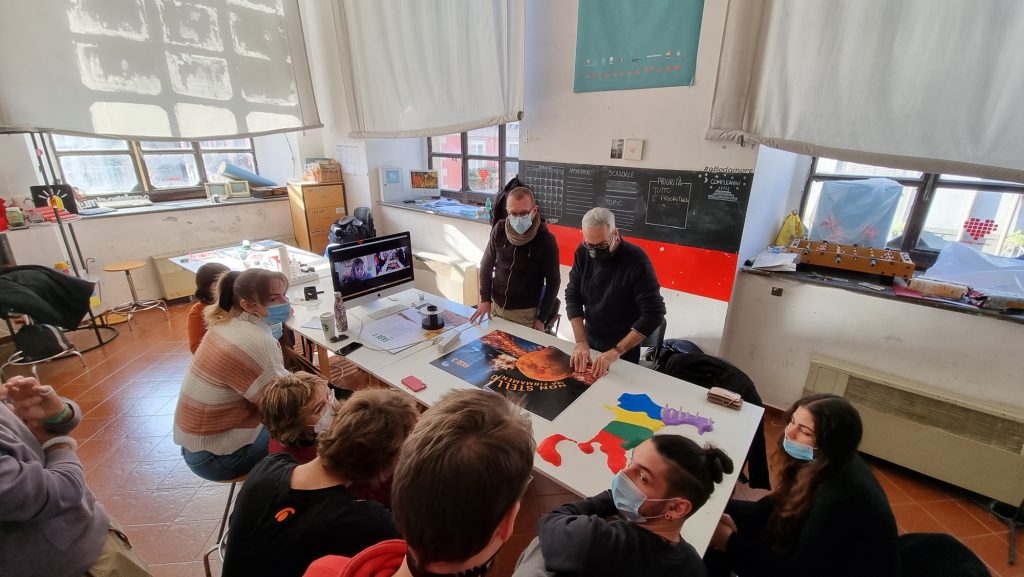
FUTURE STEPS
The actions planned for 2022 will lay the foundations for the last phase of the project, phase 6, which aims to eradicate the tiger mosquito through the use of the sterile insect technique and community participation. This phase represents the most complex in terms of logistics and economic resources and will require participation in European or national competitive tenders for its financing.
Currently in our region there are still no companies specialized in the biotechnological field of “green” control of harmful insects. The development of participatory and environmentally sustainable control practices based on sterile male technology and the demonstration of their effectiveness on a complex territorial scale, could stimulate the investment of private capital for the creation/conversion of companies active in the “green” and “biotech” control sector of harmful insects, helping to bridge this gap and create new opportunities for development and employment.
The STOPTIGRE project has a multidisciplinary nature, and has seen to date the collaboration with Italian institutions and companies (University of Rome La Sapienza, Edmund Mach Foundation of Trento, Center for Agriculture and Environment “G. Nicoli” of Bologna, Academy of Fine Arts of Naples, Le Nuvole Scienza of Naples) and foreign (International Agency for Atomic Energy, Austria), involving experts from numerous disciplines (biologists, entomologists, parasitologists, doctors, mathematicians, geo-statisticians, artists, science communicators).
In the coming years we intend to further expand the multidisciplinary aspect of our project by involving humanists, sociologists and community psychologists, to develop new indicators and new types of social surveys aimed at evaluating the effect of third mission actions implemented on the territory. In fact, we aspire to contribute to defining more effective tools for such measurements also from a socio-economic point of view and to improve the quality of life of communities and the territory.

“The Campania archipelago tiger mosquito-free?”
